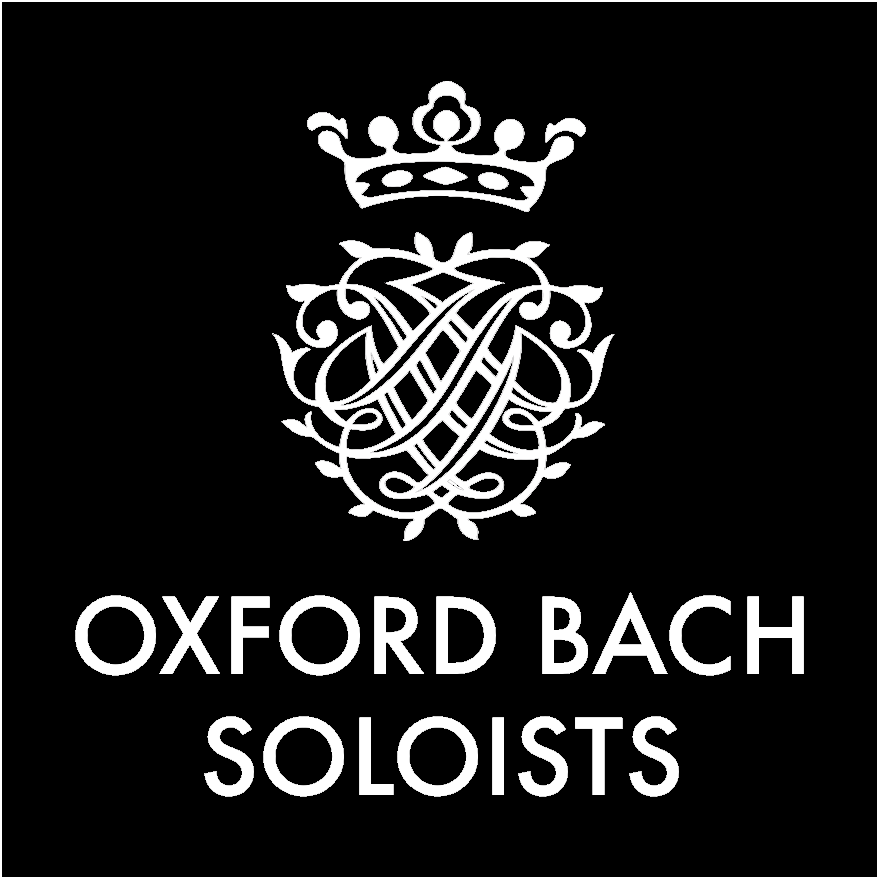The theme of the 2016 Oxford Lieder Festival is ‘The Schumann Project: The light and shade of Romanticism’. Artistic Director Sholto Kynoch sees the two-week festival as a thrilling exploration of the life and music of Robert Schumann and one of the biggest ever celebrations of this most fascinating of composers.

A late-night concert on 21 October in the atmospheric setting of New College Chapel features the Oxford Bach Soloists with Director Tom Hammond-Davies and tenor James Gilchrist in a programme of Bach Cantatas alongside two of Schumann’s rare works for organ performed by Robert Quinney. This is also the concluding event of a fascinating festival study day linking Schumann and Bach.

But why Schumann and Bach? British writer and broadcaster Gavin Plumley explains:
“Schumann worshipped Bach. He pored over the Passions and played the great man’s fugues with Clara on their honeymoon. Given the Romantic generation’s idolisation of the Baroque master, it seems bizarre that Bach would ever have been a second-class citizen in the musical pantheon. And yet that is exactly what he was until restored to his rightful place in the 1820s as part of a wider reappraisal of the past and an emphatically German response to the pervasive influence of the French.
The Bach Revival climaxed with Mendelssohn’s 1829 performances of the St Matthew Passion in Berlin, by which time the young Schumann was gripped. Having studied Bach’s keyboard works in Heidelberg, Schumann moved to Leipzig in 1830, when he began a series of contrapuntal studies, drawing on both ‘the 48’ and The Art of Fugue. By 1839, Bach’s music had become Schumann’s ‘daily Bible’, as can be heard overtly in the piano and chamber music and more subtly in many of the songs.
This fervour soon resonated elsewhere, including in Britain. Following Mendelssohn’s visits and performances of Bach at St Paul’s Cathedral, the Birmingham Festival and in Oxford and Cambridge, the Bach Society was formed under Schumann’s English friend and colleague William Sterndale Bennett in 1849. The Brits, like Schumann, have been hooked ever since.”
The thoughtful combinations, the poetry and the humour of modern music originate chiefly in Bach (Robert Schumann)


